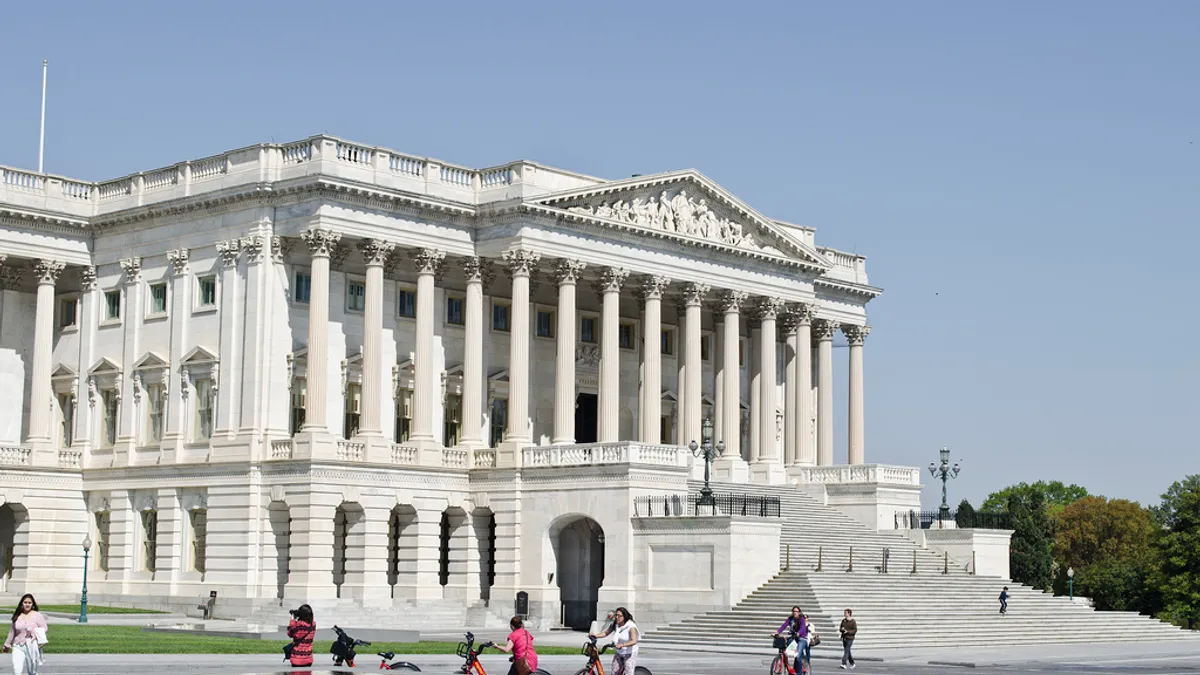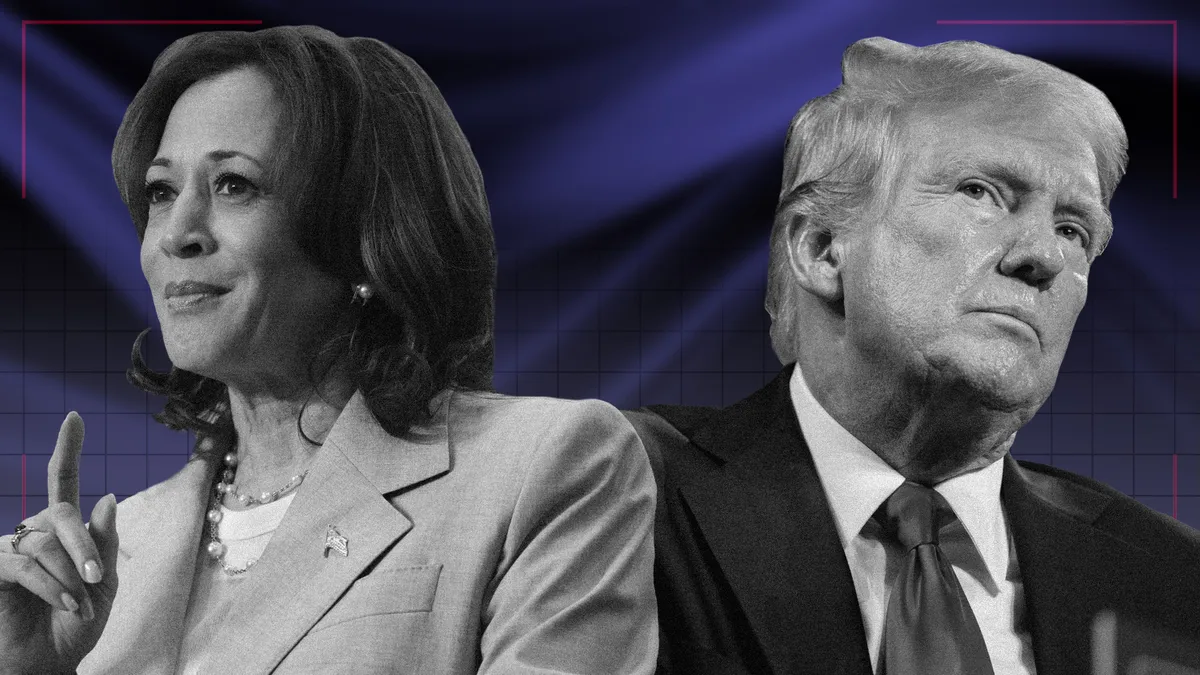Dive Brief:
- House and Senate Republicans said they have reached an agreement on a final tax reform bill and expect final votes to come as early as next week, according to The New York Times.
- The bill leans more toward the Senate's version but represents some departures from both the original House and Senate measures. The final tax bill reportedly includes a repeal of the Affordable Care Act mandate, an OK for energy exploration to begin in Alaska's Arctic National Wildlife Refuge, a new corporate tax rate of 21% beginning next year, a deduction for owners of pass-through entities like Subchapter S corporations, a minimum tax on both American and foreign companies that have operations in the U.S., and the preservation of private activity bonds (PABs), CNN reported. According to Bloomberg, the bill also retains tax credits for wind energy and electric vehicles.
- For Republicans to be able to pass the bill without support from Democrats, its price tag must not exceed $1.5 trillion. GOP lawmakers have not yet released cost estimates for the measure.
Dive Insight:
The uncertainty of the tax bill and its implications across entities has prompted some states to take measures that would help insulate their assets.
A lack of security in PABs' status spurred the state of Maryland to announce that it would sell hundreds of millions of dollars' worth of the bonds in advance of a new tax bill. PABs allow developers to borrow money at the same tax-free rate as government agencies and are seen as a necessity in drawing private-sector investment into public asset projects. Maryland has been a major proponent of PABs, issuing $313 million of the bonds as part of the $5.6 billion Purple Line light-rail project.
While the details on other PAB restrictions are still unclear, House and Senate members have agreed that PABs should not be used to refinance debt outside of a 90-day expiration window. That potential for chance has led to a rush on the market by issuers wanting to refinance debt outside of those parameters.
Wind energy contractors could also be spared in this latest iteration of a tax bill, coming as a sign of relief for a growing number of contractors that work in the sector. According to Tim Maag, vice president and general manager of Mortenson Construction’s wind energy group, the wind energy sector had already agreed to a type of tax reform in 2015 when it agreed to a phase-out of the credit.












